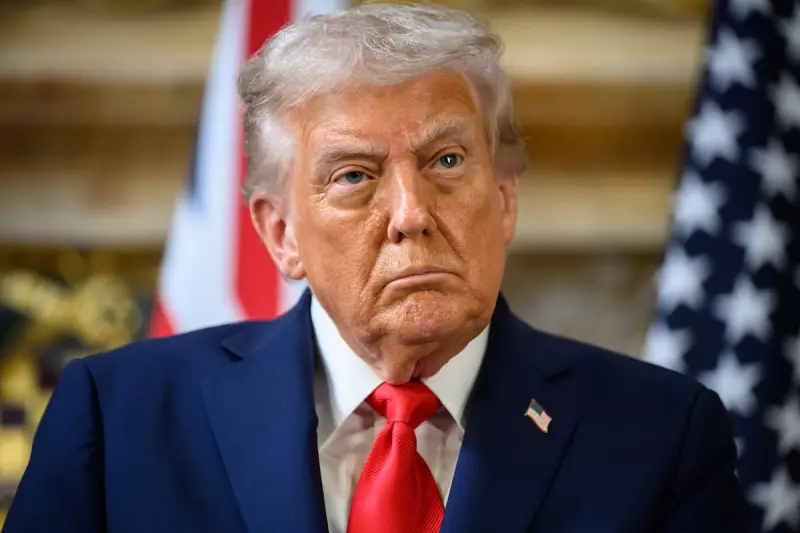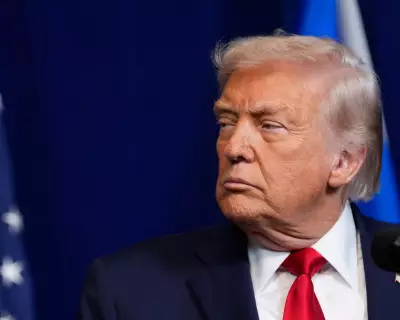
A controversial peace proposal for Ukraine, allegedly orchestrated by US President Donald Trump and Russian counterparts, is facing fierce criticism from international observers who compare it to historic acts of appeasement that failed to prevent wider conflicts.
The Witkoff-Dmitriev Plan: Modern Appeasement?
The so-called 28-point Witkoff-Dmitriev Plan has drawn comparisons to the 1939 Molotov-Ribbentrop Pact that divided Poland between Nazi Germany and Soviet Russia. Critics argue the current proposal similarly betrays Ukraine's sovereignty while providing Russia with strategic advantages for future aggression.
Like its historical predecessor, the plan was reportedly negotiated in secret, excluding Ukrainian and European input. The arrangement would grant Russia control over the entire Donbas region without military struggle, while American interests would secure valuable mineral rights previously negotiated with a desperate Ukrainian government.
Nobel Prize Controversy and Historical Parallels
The discussion has taken a surprising turn with speculation about a potential Nobel Peace Prize for President Trump, prompting strong reactions from diplomatic circles. Former US officials have emphasised that peace prizes are not awarded for appeasement, drawing parallels to historical figures like Neville Chamberlain rather than celebrated peacemakers.
One commentator noted that awarding such a prize would create perverse incentives for dictators worldwide, encouraging initial aggression followed by unequal peace settlements. The comparison extends to suggesting that under current standards, the original architects of the Molotov-Ribbentrop Pact might have been considered for peace awards.
Strategic Consequences and International Response
The proposed border changes would leave Russia with significant strategic advantages for future military campaigns against Ukraine. Despite claims of providing security guarantees, analysts suggest these protections would prove worthless in practice, leaving Ukraine vulnerable to subsequent attacks.
International observers note that until Russian President Vladimir Putin faces war crimes allegations at The Hague, any diplomatic recognition of arrangements benefiting Russia would be premature. The Nobel Committee faces pressure to maintain principles rather than reward what critics describe as the validation of aggression.
The situation remains fluid as diplomatic negotiations continue, but the strong historical comparisons and moral arguments against the current proposal suggest significant opposition will persist regardless of any temporary settlement reached.





